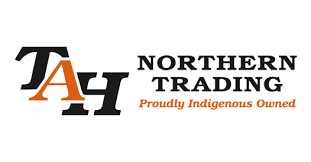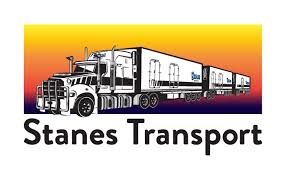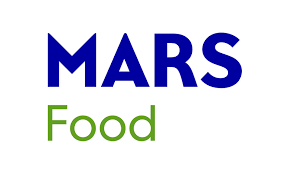
Freight companies and grocery stores have labelled the current Federal scheme to subsidise 30 products in 76 remote stores as completely unworkable and only benefitting a few.
They are instead calling on the Government to support an industry-wide flat rate on freight, which would lower the price of all groceries in regional areas and offer a more sustainable approach to food security.
An industry roundtable in Alice Springs on Tuesday 8 April will see freight and grocery stakeholders discuss the problems with the current proposal, and better solutions.
In the February Closing the Gap annual report and implementation plan, it was noted that:
- Grocery prices in remote areas cost twice those in metropolitan areas.
- Food security means continuous access to a range of food, drinks and essential groceries that are reasonably priced, safe and meet the dietary and cultural needs of the household.
- Aboriginal people, many of whom live in remote communities, are disproportionately affected by high rates of food prices and insecurity.
In response, the Albanese Government announced $50 million over four years to reduce the price of food in remote communities. The scheme will commence from 1 July but so far there is a lack of detail.
Brad Gaddes, Chair of the Central Australian Committee of the Northern Territory Chamber of Commerce, will serve as chairperson of the roundtable.
He said the event will be an opportunity to address a major cost of living issue facing remote communities across the country.
“The Government’s heart is in the right place, but the current scheme isn’t fit-for-purpose,” Mr Gaddes said.
“There is not enough detail, and from what we do know, it will only offer a band aid solution to a complex problem.
“There should be an industry wide freight subsidy that applies to all freight on all grocery items to all shops in all remote communities.
“A flat rate on freight would bring the cost of all remote groceries down. A discount for certain products in certain shops will create inequity and complexity.
“An industry-wide freight subsidy would be more sustainable, easier to implement and more effective.
“It’s not the job of governments to tell people what to eat. They should stay out of people’s fridges and pantries and focus on legacy reforms that deliver meaningful outcomes.
“We want Labor and the Coalition to commit to adopting a remote food freight policy during this campaign to ensure people in our communities have access to affordable, healthy food.
“The first step would be to facilitate an industry consultation post-election.”
A communique will be issued following the roundtable.
ROUNDTABLE MEDIA CONTACT: William Sparling 0416 628 276
Media background facts
Roundtable attendees:
- Transports groups: Stanes Transport, K&S Freighters, Central Desert Transport
- Suppliers: Tip Top and Mars Food
- Politicians: Senator Jacinta Price and CLP Lingiari candidate Lisa Siebert
- Retailers and wholesalers: Metcash, TAH Northern Trading, LAE Supermarkets
Context
- Transport and operating costs and tenuous supply chains mean that food in remote stores is often more than 50 per cent more expensive, and lower in quality.
- The Albanese Government announced on 9 February $50 million in funding to provide remote communities with access to low-cost products at remote stores.
- The announcement coincided with the release of the 2025 Closing the Gap report and billed as a measure to address food insecurity and high food prices in remote towns.
- Funding was allocated in the March Budget. The scheme takes effect 1 July 2025. Details on the criteria and eligibility have yet to be confirmed.
- This scheme will reportedly be managed in the form of a subsidy and will apply to only 30 food items across 76 remote stores.
- Commonwealth-owned company Outback Stores will be funded to manage the scheme.
Issues
- The current scheme is overly complex and only benefits a few. It’s a band aid solution to a serious and complex issue.
- The Government should not be in the business of deciding the products you buy, and the price you pay. It needs to stay out of people’s fridges.
- The scheme will crush existing stores by hand-picking their own stores as winners – at the expense of existing community stores often run by local Aboriginal communities.
- The products that are being subsidised are not the healthiest options. Two-minute noodles and canned corned beef for example.
- The supply chain is all wrong and will be rife with double handling. We’ve been told some products will be travelling from Adelaide to Alice Springs – via Darwin! That’s 3,000km!
- Established and experienced warehousing businesses in the NT have not been consulted to date.






